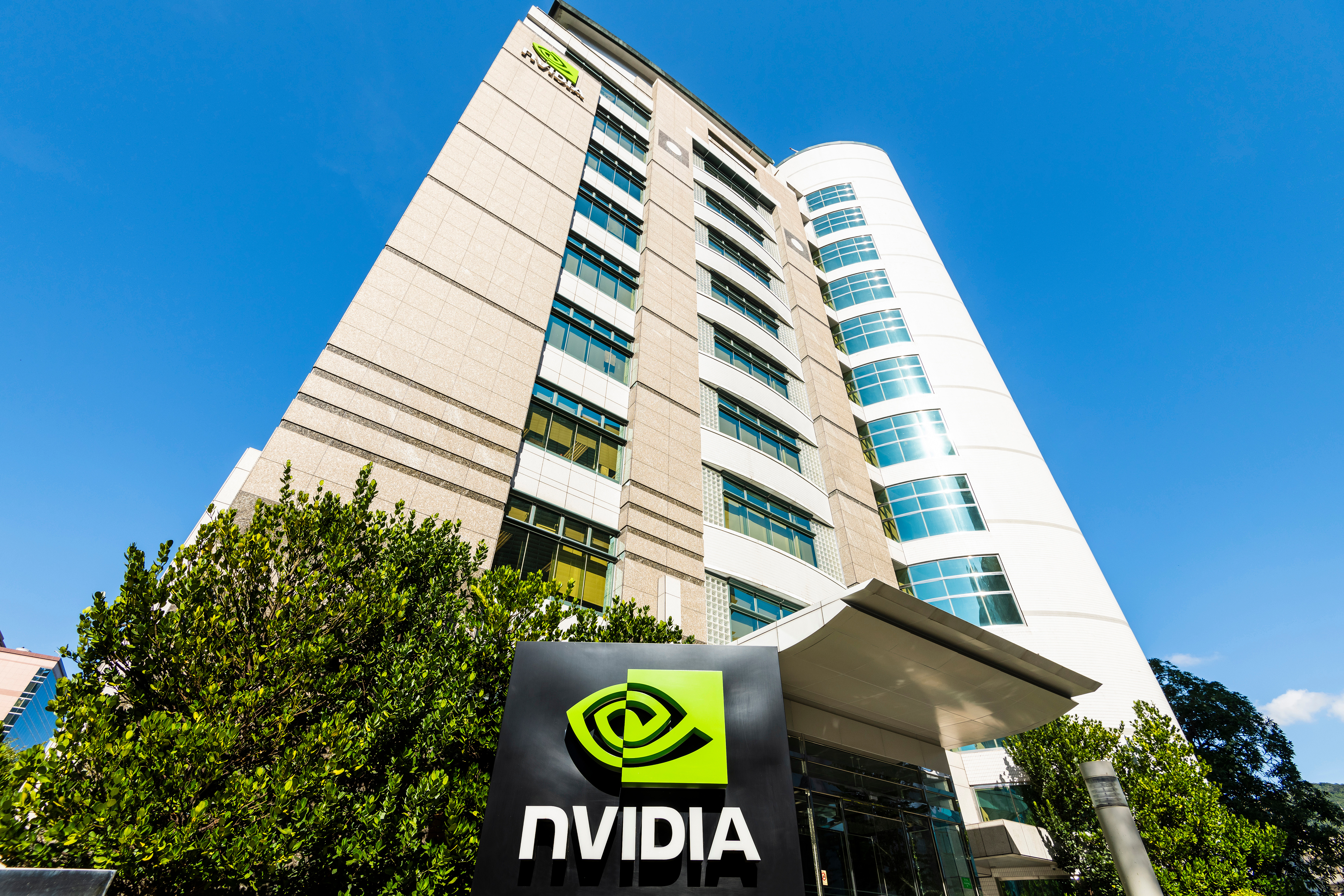Taiwan is back on the tech industry map in a big way.
It isn’t often you see the CEOs of Nvidia, AMD, Intel, Arm, NXP, Qualcomm, MediaTek and Supermicro deliver keynote speeches at the same event. But that’s exactly what happened at the COMPUTEX Taipei show this year – as you may have seen from my update on the event the other day.
AI explosion
The AI industry has thrown what had become a mediocre event, surpassed in recent years by shows in China such as MWC Shanghai and the now-discontinued CES Asia, back into the spotlight.
With this, the world woke up once again to the significance of Taiwan. Granted, in recent years, the island’s importance has been front and centre when it comes to semiconductors. But it was this year’s COMPUTEX that really made people realise all the investment and growth we are seeing in AI relies heavily on Taiwan.
Nvidia CEO Jensen Huang made this abundantly clear, saying Taiwan is “where everything Nvidia does begins, [before we] take it to the world.”
During and since the show, we have seen several notable investment announcements. Nvidia has revealed plans for a second supercomputer centre, and possibly a corporate headquarters, in Taiwan. AMD is planning to invest about USD 154 million in a research and development centre on the island. Amazon announced it will invest billions in cloud infrastructure there. The list goes on.

Nvidia's Taiwan office in Neihu Technology Park, Taipei
All this has underscored Taiwan as the place to be if you’re in the AI industry, alongside its well-established position at the epicentre of semiconductors and consumer electronics.
Taiwanese consumer electronics brands include household names Asus and Acer. And it’s Taiwanese contract manufacturers like Foxconn, Pegatron and Wistron that build our smartphones, tablets, laptops – and almost every other electronic device we use – from their factories across China, India and Southeast Asia. If you need a device manufactured or have technology to license into CE devices, Taiwan is often the best place to start.
What else is going on in Taiwan?
Well, a lot.
While semiconductors, electronics manufacturing and AI are at the core of Taiwan’s economy, InnoVEX, the startup/SME expo running alongside COMPUTEX, showcased innovations from Taiwan’s smaller, lesser-known businesses.
Examples include Turing Drive (autonomous driving development solutions), Vistatec (wireless smart home systems), TranX (AI to transform data into insights), Spatial Topology (indoor positioning), Sky Dynamic (a drone reservation service), Ranictek (O-RAN baseband), Profet AI (a virtual data scientist platform), ioNetworks (traffic flow analytics), iAmbition (fall detection) and Aquivio (an environmentally-friendly drinks vending machine).
Many of these startups already have local customers and are looking to go global, searching for international customers and partners.
Taiwan also understands that it can’t do everything itself. It doesn’t have the material or human resources to do that, so it must find overseas partners for its domestic economic growth as well as to help its firms expand internationally.
So, what does Taiwan need?
One area in which overseas companies are truly helping Taiwan right now is the energy sector – especially renewables. If Taiwan’s 2050 net zero plan is to be a success, it needs to work with international technology companies in offshore wind, solar, hydrogen and many other forms of renewable energy.
 Windfarm off the western coast of Taiwan
Windfarm off the western coast of Taiwan
Taiwan’s industrial energy needs keep growing, and it cannot rely on fossil fuel imports forever to power its semiconductor and electronics industries. The same goes for water: these industries compete with farmers for sufficient supply, meaning a growing need for water treatment and recycling solutions.
In the digital transformation space, Taiwan also needs outside help. Its large corporations, much like many Japanese groups, are struggling to move into the digital world and still process reams and reams of physical paperwork. While we see this improving, progress is slow, presenting big commercial opportunities.
Cybersecurity has been a huge concern for Taiwan for many years, and this is only increasing, bringing more openings for international tech companies. The island boasts some interesting cyber startups like Cycraft and Urmazi, but it’s always on the lookout for new solutions to strengthen its cyber defences.
Taiwan has a world-leading healthcare system and a nascent but growing biotech cluster. Life science and digital health startups like H2U and Asia Pathogenomics provide innovative solutions domestically and are looking to move abroad. At the same time, the Taiwan authorities – along with labs, clinics and hospitals – are highly focused on developing precision health solutions and looking to collaborate with international firms to make this happen.
A consumer end market
Finally, people often consider Taiwan as somewhere to find a partner to go global – for example, by using TSMC to fabricate a chip, or Foxconn to manufacture a device. Yet, Taiwan should increasingly be considered as a consumer end market, as well.
It may be physically small, but it has nearly 24 million people. Its GDP is set to exceed USD 1 trillion by the end of this decade – and its GDP per capita is higher than Korea’s and Japan’s, according to the IMF.
Swing by!
I’ve highlighted just some of the fields where there are opportunities in Taiwan for international firms: semiconductors, consumer electronics, energy, software and biotech. But there are many more areas where we see Taiwan growing and looking for partners and solutions – from communications to next-gen vehicles, IoT, smart manufacturing and smart cities, to name a few.
So, when planning your business expansion, give Taiwan some serious consideration. And at the very least, swing by COMPUTEX next year to see it for yourself. I know I’ll be there.
If you’d like to learn more about tech opportunities in Taiwan, contact Stewart Randall at stewart.randall@intralinkgroup.com.